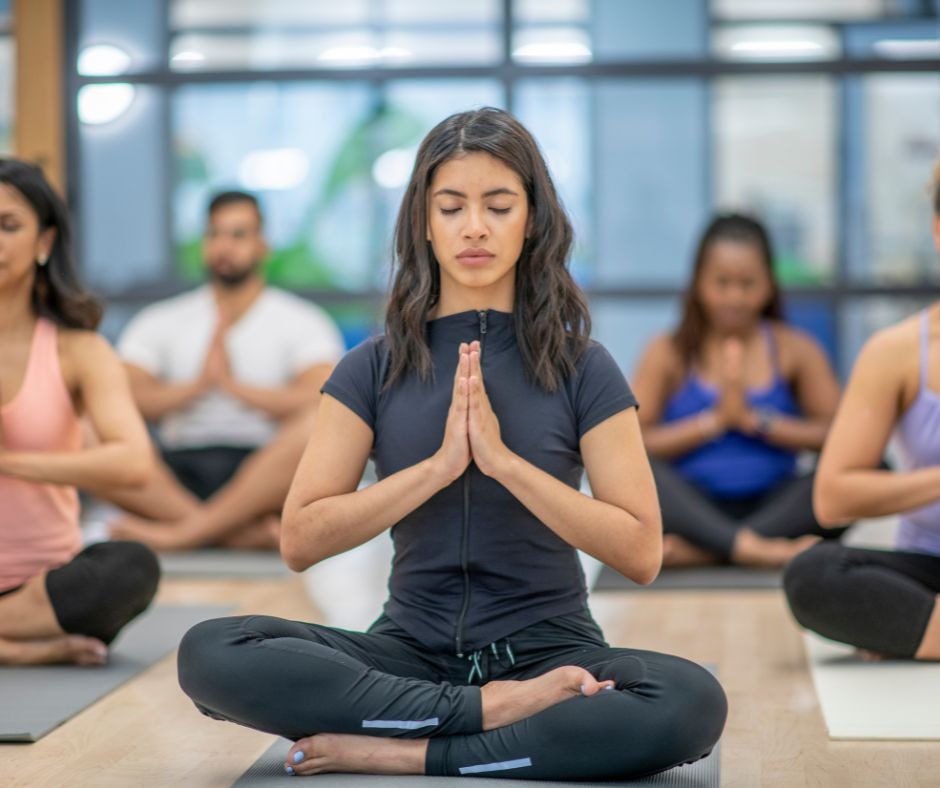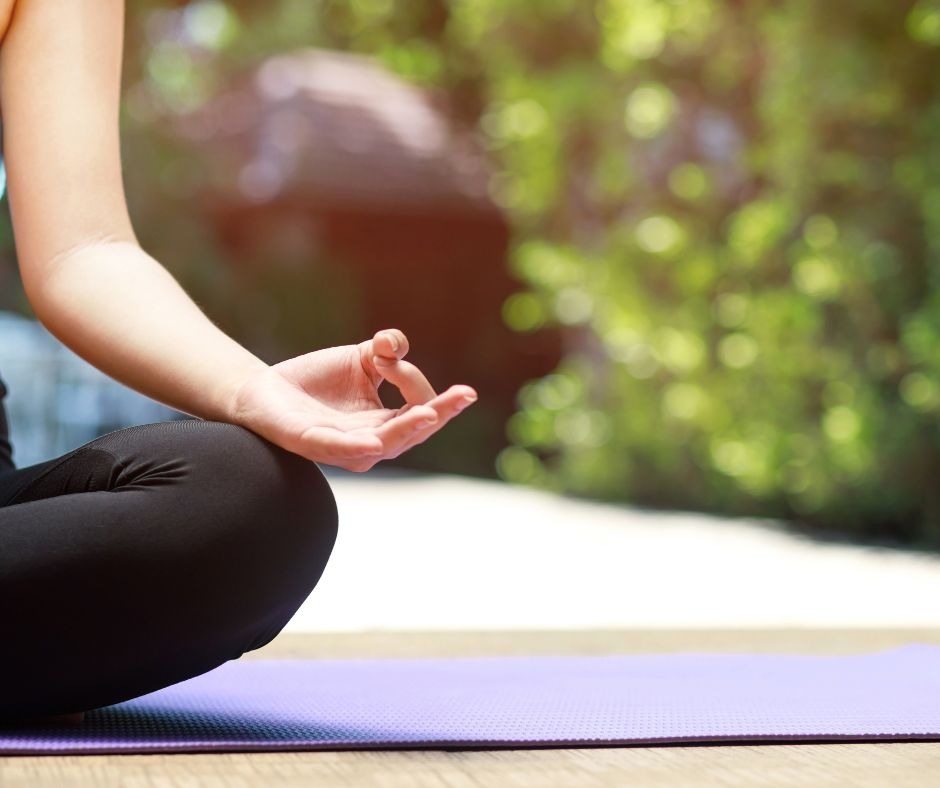There are no items in your cart
Add More
Add More
| Item Details | Price | ||
|---|---|---|---|
{{29-02-2024}}
In recent studies, yoga has emerged as a promising intervention for enhancing cognitive abilities, especially among older women at risk of Alzheimer's disease. This non-invasive, holistic approach goes beyond traditional exercises, offering a beacon of hope for those seeking to bolster their mental faculties and improve quality of life in the face of daunting neurological challenges.

The Connection Between Yoga and Cognitive Health
Yoga, with its ancient roots and diverse practices, encompasses physical postures, breathing techniques, and meditation. It's not just a form of physical exercise but a comprehensive mind-body practice that has been found to improve flexibility, balance, and strength. More importantly, its benefits extend into the realm of cognitive health, where it has shown significant potential in enhancing memory, attention, and executive functions.
Researchers speculate that the benefits of yoga for cognitive health stem from its ability to reduce stress, improve sleep, and enhance overall well-being. Stress is a known risk factor for Alzheimer's disease and other forms of dementia. By mitigating stress through yoga, individuals may lower their risk of cognitive decline.

Empirical Evidence and Studies
Several studies have underscored the cognitive benefits of yoga for older adults. In one landmark study, older women who participated in a regular yoga practice showed marked improvements in cognitive functions compared to those who engaged in more conventional forms of physical activity. These improvements were noted in areas critical to everyday decision-making, memory retention, and the ability to focus and process information efficiently.
Another study highlighted the impact of yoga on brain structure, noting increased gray matter density in areas associated with memory and executive function in regular yoga practitioners. This physical change in the brain suggests that yoga could be instrumental in counteracting the age-related decline in brain volume, a factor associated with cognitive impairments.

Yoga as a Preventative Strategy
Given the growing body of evidence, yoga is increasingly being recognized as a viable preventative strategy against cognitive decline. Its accessibility and adaptability make it an appealing option for older adults, including those who may have limited mobility or who are new to physical exercise.
Yoga's holistic approach, which encourages mindfulness and a connection between mind and body, offers a unique advantage. It not only aids in physical health but also addresses mental and emotional well-being, factors that are intimately connected with cognitive health.

Implementing Yoga into Daily Life
For older women at risk of Alzheimer's, incorporating yoga into their daily routine could be a key strategy in maintaining cognitive health. Starting with gentle practices, such as Hatha yoga or chair yoga, can provide a safe and effective entry point. It's always recommended to consult with healthcare providers before starting any new exercise regimen, especially for individuals with pre-existing health conditions.

Conclusion
As the search for effective interventions against Alzheimer's disease continues, yoga offers a promising, accessible, and holistic approach to enhancing cognitive health in older adults. Its benefits, supported by a growing body of research, highlight the potential of this ancient practice in not only improving physical health but also in fostering a sharper, more resilient mind. As we embrace these findings, yoga could very well become a cornerstone in the preventative measures against cognitive decline, offering hope and a higher quality of life for those at risk.

{{Sameer Kumar}}